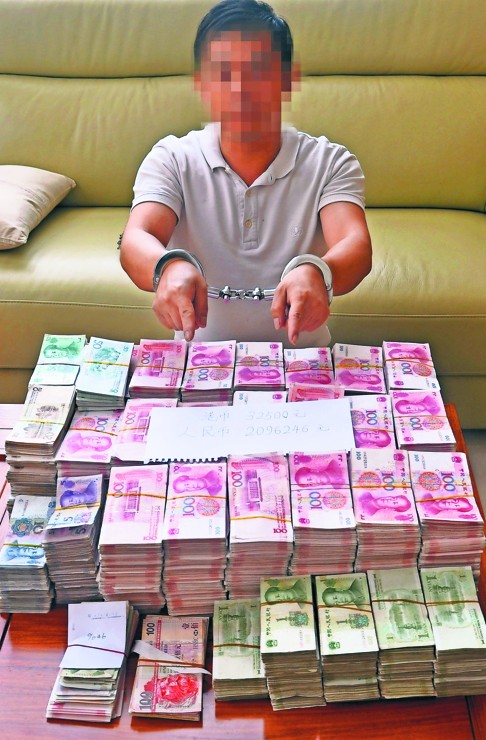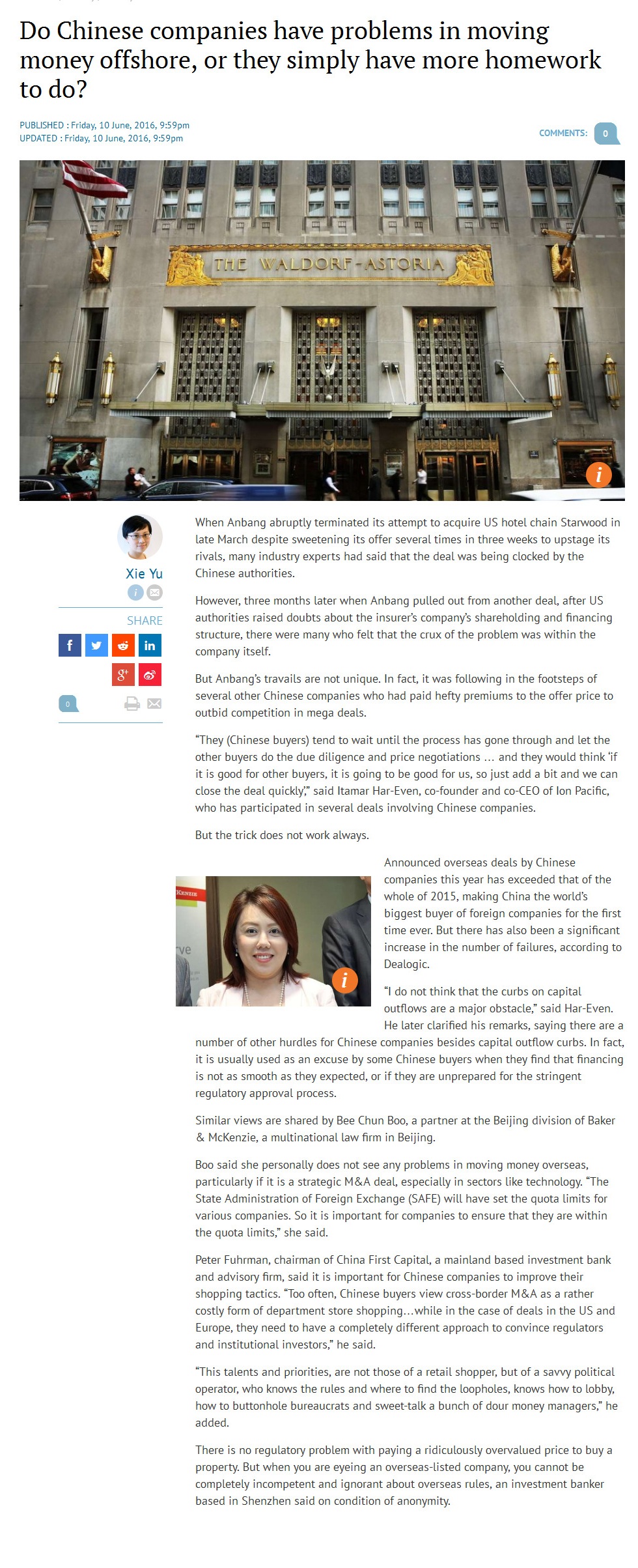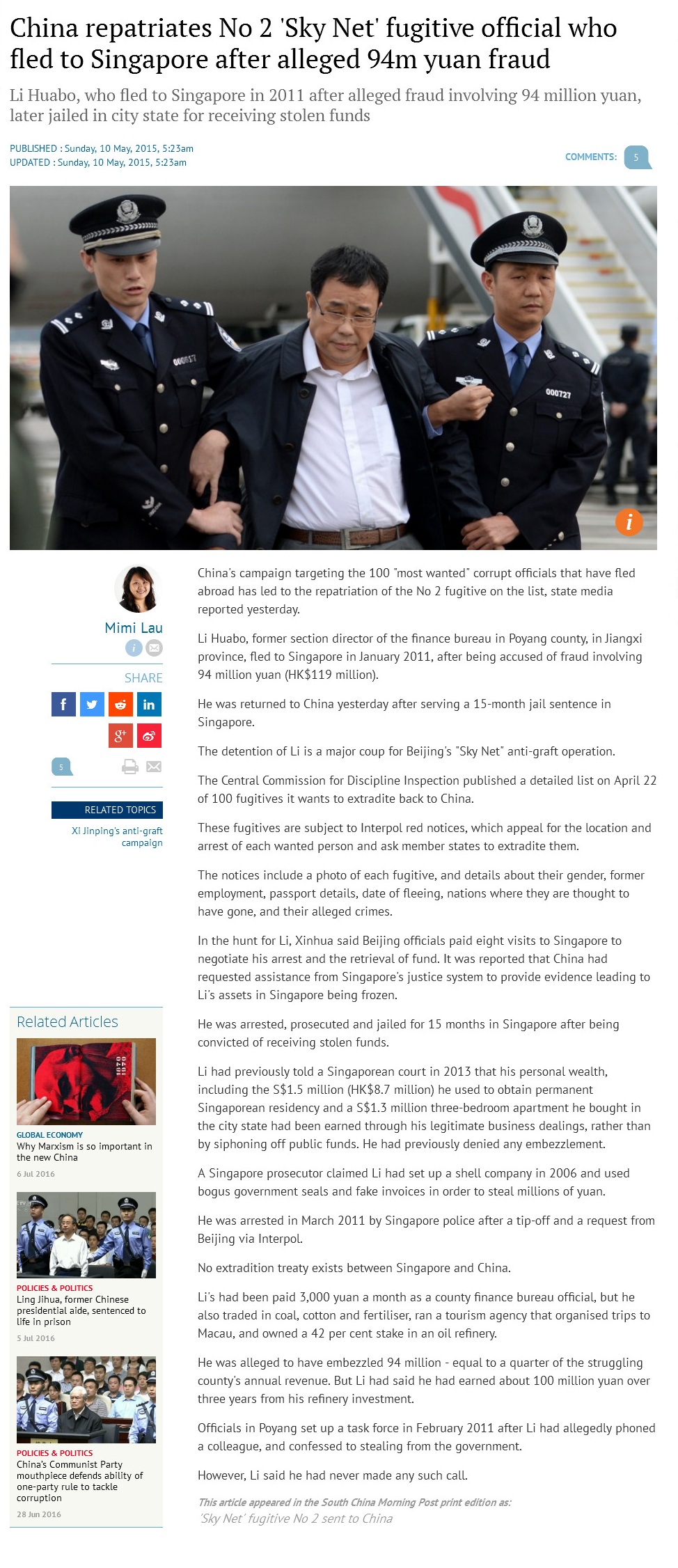Over 2,200 Chinese officials investigated for fiscal violations
Xinhua
2015-06-30
Liu Jiayi speaks at a meeting, June 28. (Photo/CNS)
Chinese authorities have investigated more than 2,200 government officials for involvement in major fiscal fraud, the country's top auditor said Sunday.
Briefing lawmakers on the audit of the central government 2014 budget, Liu Jiayi, head of the National Audit Office (NAO), said the majority of violations took place in sectors involving public funds, state assets and state-owned resources, such as land and mining.
In particular, auditors found that over 780 billion yuan (US$125.6 billion) originally earmarked for land transfers was misappropriated by crooked officials to fill administrative expenses gaps, lent to others or used to construct new office buildings and venues.
Violations were also detected in the transactions and approval of mining rights and in the use of key national special funds.
An audit that involved 2,448 mining rights suggested malpractices in about one third of the cases, whereas separate probes revealed that close to 10 billion yuan (US$1.6 billion) in urban security housing funds and some 1.7 billion in lottery were misappropriated and siphoned by fraudulent officials.
Meanwhile, intermediary agencies also played a vital role in cases where officials abused their power and colluded with outsiders.
In one typical case, Hunan development and reform commission chief economist Yang Shifang and his associates allegedly stole more than 13 million yuan (US$2.1 million) by allowing three agencies run by their relatives to grant investment subsidies to ineligible companies.
Auditors also uncovered 5 billion yuan (US$805,000) in illegal gains by officials and their close affiliates who profited from privileged information concerning state-owned resources, development plans and stocks.
He cited an unnamed relative of former China Southern Power Grid deputy general manager Xiao Peng, who saw his stock market investment grow by 50% annually for eight consecutive years while sustaining no losses whatsoever by taking advantage of insider information from a number of electricity providers.
Malpractice was also detected in news media coverage and in attracting foreign investment where "under-the-table deals were sealed in the name of public welfare and government policy implementation," Liu added.
The audit office will try to rectify these problems and will report its progress to the Standing Committee of the NPC before the end of the year, he said.
When deliberating the report Sunday afternoon, Luo Liangquan, member of the National People's Congress (NPC) Standing Committee, called for further deepening reform of fiscal and taxation system, clarifying power at all levels and delegating more power to lower levels.
He also urged the government to strictly manage budget fund, make budget more accurate, enhance the transparency of public funds, and intensify fight against corruption.




 And there will be no truce to this.
And there will be no truce to this. 
